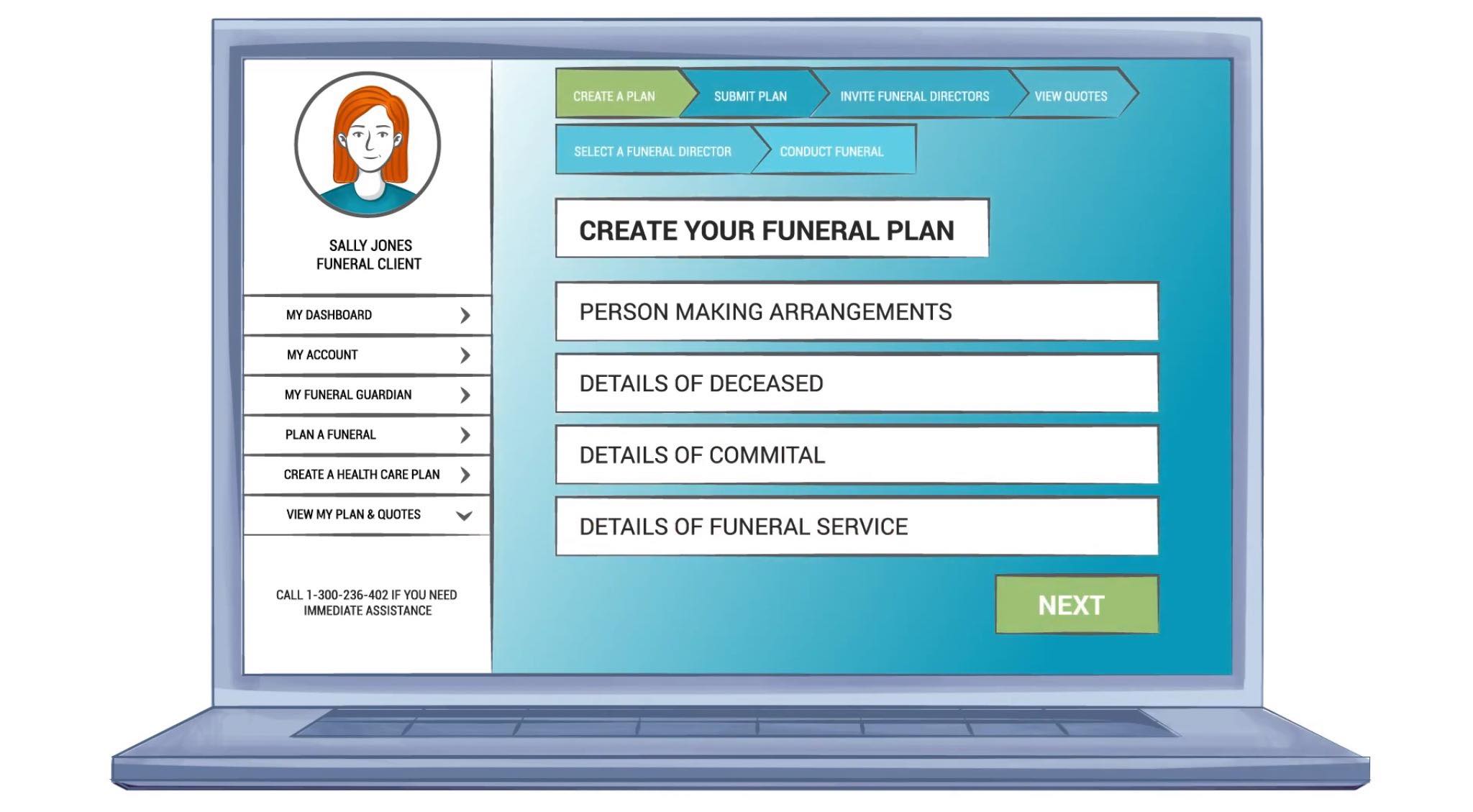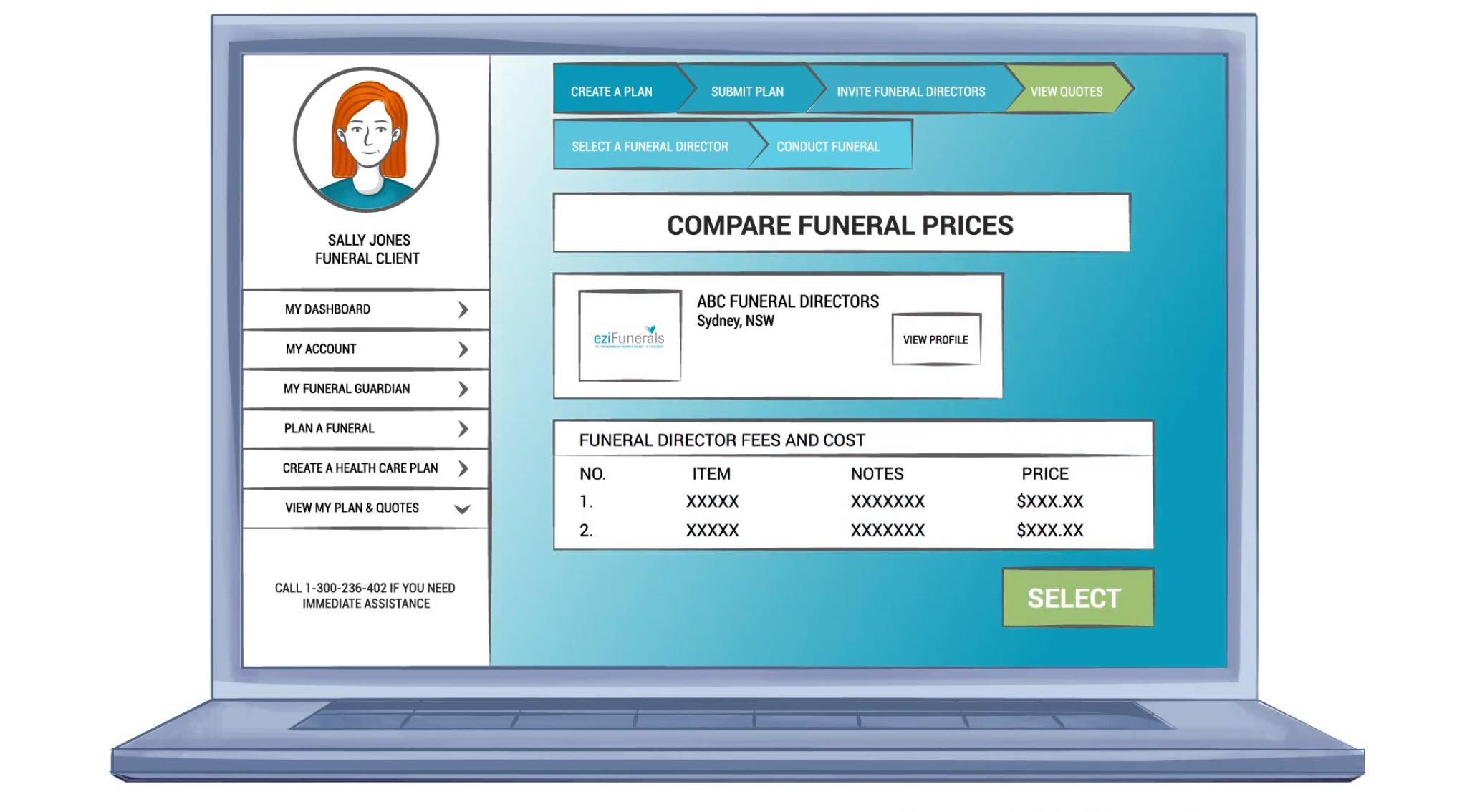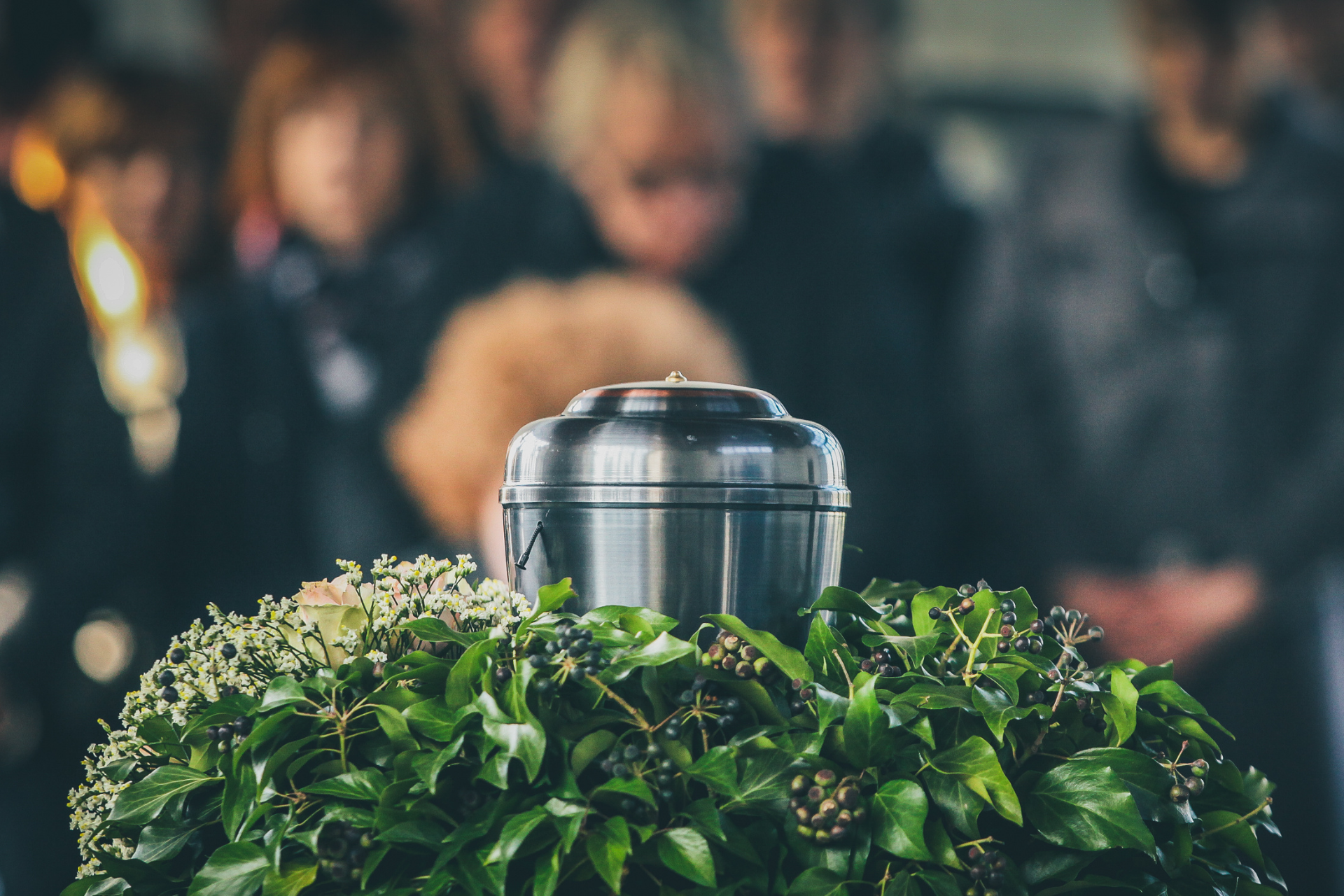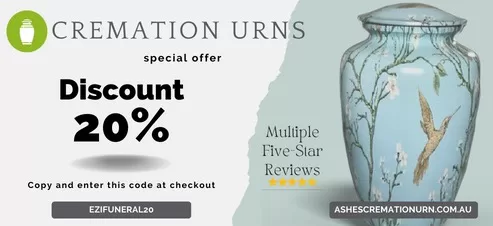More Australians are choosing cremation as a way to honour their loved ones. Cremation is a traditional practice for many cultures around the world, and it is gaining popularity among Australians as a way to connect with their heritage and respect their environment.
What is cremation?
Cremation is the process of reducing a deceased person’s body to ashes through exposure to high heat. This can be done in a number of ways, but the most common method is to use a cremator, which is a large furnace that reaches temperatures of up to 1,000 degrees Celsius.
What are the benefits of cremation?
There are a number of reasons why Australians might choose cremation. Some of the benefits include:
- Environmentalism: Cremation is a more environmentally friendly option than burial, as it does not require the use of land or embalming fluids.
- Cultural significance: Cremation is a traditional practice for many Indigenous cultures around the world, and it can be a way for Australians to connect with their heritage.
- Personal choice: Cremation is a personal choice that should be made by the individual or their family. There is no right or wrong answer when it comes to deciding whether or not to have a cremation.
What is the cremation process like?
The cremation process is relatively simple. The body is placed in a coffin or casket and then placed in the cremator. The cremator operator will then close the door of the cremator and turn on the heat. The cremation process will take about two hours.
What happens to the ashes after cremation?
The ashes are placed in an cremation urn, which can be kept by the family, buried, or scattered in a special place.
What are some cultures beliefs about cremation?
Some cultures believe that cremation is a way to release the spirit of the deceased so that they can move on to the afterlife. Others believe that cremation is a way to return the body to the land and allow the spirit to become part of nature.
What are some considerations for cultures when considering cremation?
There are a number of things that people should consider when making a decision about cremation. These include:
- The wishes of the deceased: If the deceased expressed a preference for cremation, their wishes should be respected.
- The wishes of the family: The family should also be consulted about the decision of whether or not to have a cremation.
- The cultural beliefs of the community: The cultural beliefs of the community should also be taken into account.
Conclusion
Cremation is a respectful and environmentally friendly option for disposing of a deceased person’s body. It is also a way for Australians to connect with their heritage and respect their environment. If you are considering cremation, there are a number of things to think about, such as the wishes of the deceased, the wishes of the family, and the cultural beliefs of the community.
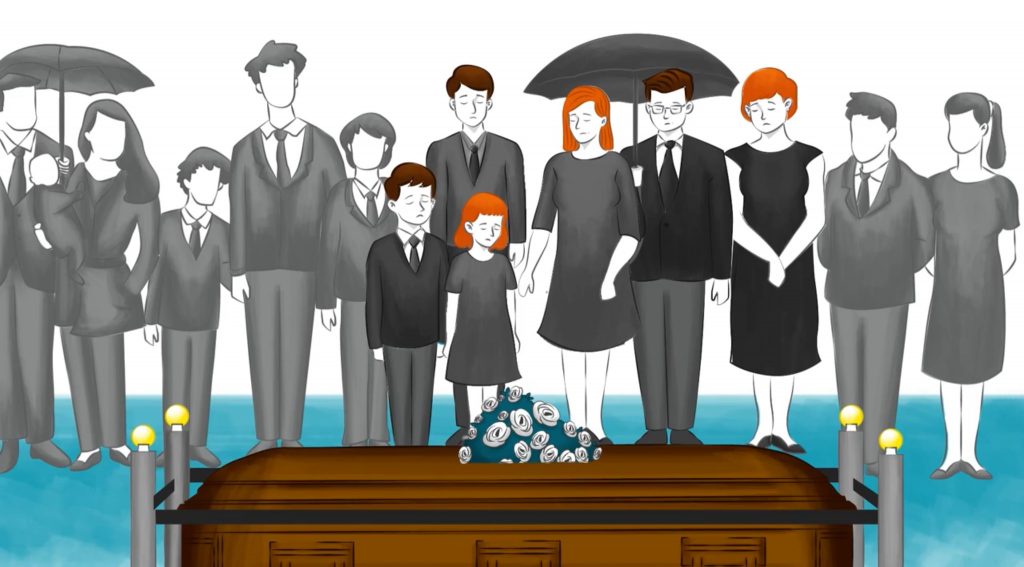
Get a free quote!
About eziFunerals
eziFunerals supports individuals and families cope with end of life decisions, death and funerals. We are an independent, Australian-owned and operated company. We are not part of any other funeral company.
Our member Funeral Directors operate in Sydney, Melbourne, Brisbane, Perth, Adelaide and Australia wide. They are chosen for their knowledge, quality, service, personalisation and experience. They go above and beyond, and will take the time to support the family.
For more information or to make contact with a trusted Independent funeral director, call eziFunerals on 1300 236 402 or visit www.ezifunerals.com.au.
